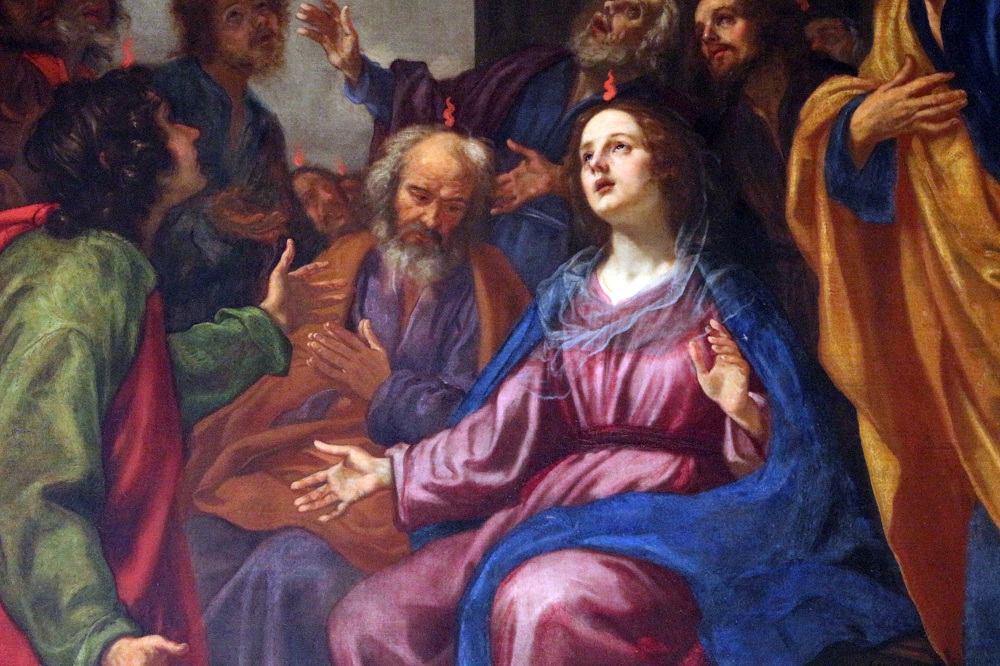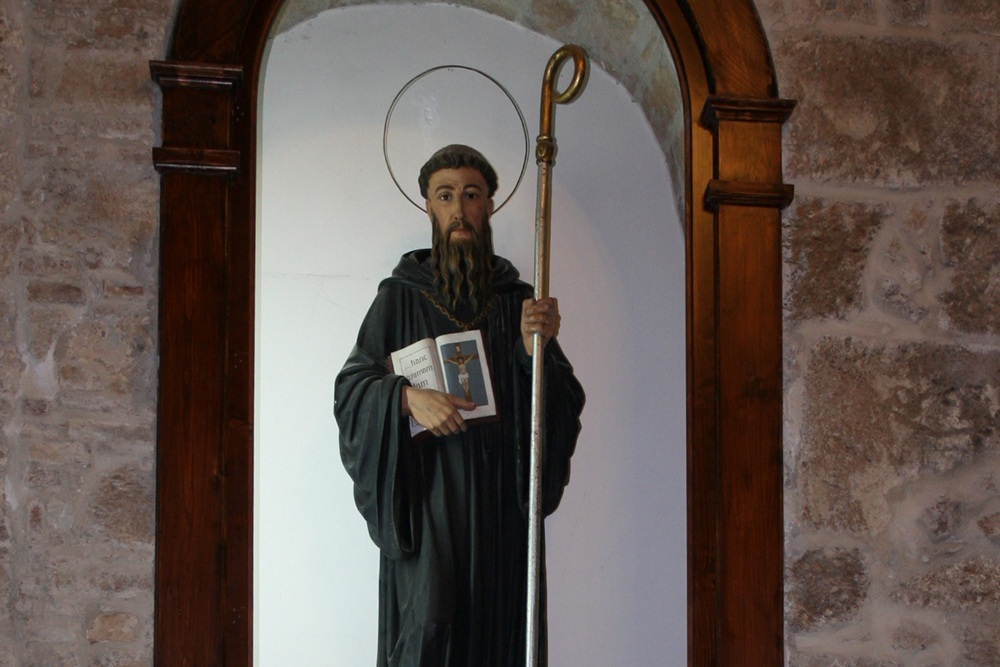July 30 is the World Day of Friendship, a celebration born to celebrate one of the most wonderful aspects of coexistence between men.
On the occasion of the World Day of Friendship we wanted to verify what is the exact definition of this form of interaction, which characterizes the history of humanity since its origins.
The dictionary provides a rather dry and austere description, which does not entirely do justice to the infinite range of feelings and emotions that characterize this bond:
FRIENDSHIP: Mutual affection, constant and active, between person and person, born of a choice that takes into account the conformity of the wishes or characters and a prolonged custom
The definition is not wrong, because friendship really involves mutual and lasting affection, combined with the desire to help others with words and actions. As for the conformity of wills and characters, the mysterious alchemy that triggers a bond between two people does not depend solely on the similarity or the communion of tastes and thoughts. Just as in love relationships, there is often a kind of desire for complementarity, as if in the friend we were looking for someone able to complete us, to fit in with all its differences, not only with the similarities.
“Without friends no one would choose to live even if he owned all the other goods.” This is what Aristotle wrote in the fourth century B.C. The same famous philosopher defined man as a social animal, which precisely in friendship finds the most satisfactory and complete form of cohabitation. Of course, Aristotle could not have known that the human brain really needs social interaction in order to develop, enjoy good health and, above all, remain vigilant. Recent studies by prestigious universities have shown beyond doubt that friendship is an indispensable element for a good quality of life, no less than health or work.
Aristotle also catalogued three possible types of friendship among human beings, one of which deserves to be considered truly valid. This is the ideal friendship, one that disregards the usefulness that a man can draw from another man, the one that goes beyond the lightheartedness of youth and the sharing of pleasure and happy moments, but that also resists against the adversities and pains of life. This is the most solid, lasting and true friendship, the one that comes from the authentic love and appreciation of the other for how it is done intimately.

Once again we find a strong resemblance between friendship and loving relationship. After all, the English poet Lord Byron said: “Friendship is Love without its wings.” And he knew love!
For the great Cicero, friendship is a very important part of the great harmony that connects all things human and divine. Human beings are born to be part of this harmony, and friendship is one of the ways they have to participate in it. For Cicero, friends should be sought for their virtue, because only those with virtue deserve to be considered as friends. Woe to those who seek friends to linger together in vices, and woe also to those who justify the mistakes of friends, the lack of virtue. Again, sincerity is the fundamental pillar of friendship for Cicero. Better to hate someone openly than to pretend to be his friend.
Returning to World Friendship Day, it was proclaimed by the United Nations General Assembly in 2011. The basic idea is that the basis of civil life, the basis of peace and cooperation among peoples, countries, cultures and individuals, must be precisely this bond, this sentiment so precious and important that it has been debated over the millennia by philosophers and thinkers sung by poets, celebrated by artists.
In the era of Social Networks, in which the term ‘friend’ is abused, misused in every possible way, it becomes of fundamental importance to remember the true and deep sense of friendship, especially to the youngest, who will have to build the world of tomorrow. Especially to their involvement are finalized the many events and initiatives organized around the world on the occasion of this special day, which also becomes an opportunity to promote solidarity, mercy, and the ideals of civilizations too often forgotten in our world.
Pope Francis, always full of beautiful phrases on every aspect of the life of Christians, young and not, said: “Friendship is among the greatest gifts that a person, a young person, can and can offer“.
Stories of friendship between saints
We talked about the vision of friendship by Aristotle, Cicero and Lord Byron. But also within the Catholic Church we have deep reflections on friendship, and also splendid examples of this sentiment between great figures of the past. Indeed, we can say that the whole history of Catholicism is based on the friendship that has bound men and women.
Moreover, already in the Old Testament we read the famous saying He who finds a friend finds a treasure, which derives from the quote: “A faithful friend is a sure refuge: he who finds him finds a treasure” (Sirach 6:14). Always in Sirach we also read that “The faithful friend is a balm in life” (Sirach 6:14) and that “For a faithful friend there is no price, there is no measure for his value” (Sirach 6:15).
And if any doubt still remained about the importance of the friendship that God fosters among human beings, Jesus affirmed that: “No one has a love greater than this: to give his life for his friends.” (John 15:13).
On the occasion of the World Day of Friendship we wanted to recall some great stories of friendship between Fathers of the Church and saints. Relationships exquisitely human, but in front of which one cannot but think of God’s will to bring together beautiful and precious souls, who could draw from the sharing of thoughts and emotions mutual pleasure and a greater love, which is just another form of glorification of His name.
Saint Clare and Saint Francis of Assisi
Certainly blessed and inspired by God must have been the tender and deep friendship between Saint Francis and Saint Clare of Assisi.

What bound these two boys, united by an immense fraternal love, was the will to please God. When we talk about the friendship between man and woman it is always easy to run into the doubt that it transcends itself, in favor of a different feeling. Given that there is nothing that prevents two individuals linked by a marital relationship to be also and still friends, in the case of Saint Francis of Assisi and Saint Clare we can speak rather of an elective affinity, meaning that Johann Wolfgang von Goethe gave this term in his novel of the same name. For the great German writer and poet, while love is an illusion triggered by the mind to create relationships and relationships, the elective affinity arises from the exceptional encounter between two subjects that are immediately in total harmony, as two notes that vibrate in unison, in a melody that is born and dies with them, unique, perfect, inimitable.
This was the friendship between Francis and Clare, a spiritual friendship, comparable to that which perhaps unites the saints in heaven, the blessed souls, free from reasons and why, relieved of any burden inflicted by the flesh.
Clare finds in Francis a teacher in the faith, an example to be inspired by, when she decides to leave her comfortable and easy life, to give up everything and embrace with her friends absolute poverty. And in that poverty Francis stands beside her, like a caring brother. Their help in each other, supporting and sharing as much the privations as the immense joy given by devotion, seals the friendship between these two young and beautiful souls, united by love for Christ, by the desire to be as close as possible to Him, in life before death.
Support in difficulties, therefore, inspiration and mutual consolation, in a common path to improve themselves, to bring out the best of themselves, one with the other. We find the poetry of Aristotle, and we find the warning to the virtue of Cicero, and much more. The friendship between Saint Francis and Saint Clare makes God smile, and the warmth of that blessing and blessed smile reaches us, who remember the story of these two fantastic and unique young people.

The Canticle of the Creatures of St. Francis
St. Francis of Assisi is one of the most loved and venerated saints by the Catholic Church.
Thinking of Francis and Clare we like to think of two young lovers, whose love, however, is not turned to each other, not only at least, but rises to God, amplified and magnified by the bond that unites them.
Saints Basil the Great and Gregory Nazianzen
Saint Basil the Great and Saint Gregory of Nazianzus were also great friends. Both were bishops and theologians, Doctors of the Church and belonging to the group of Cappadocian fathers, Hellenistic Christian philosophers who in the fourth century formed a kind of monastic family within which Christianity and philosophy found their conjugation.
Saint Basil the Great and Saint Gregory of Nazianzus therefore shared their knowledge, their great theological knowledge, to define immense concepts, such as the divinity of the Holy Spirit and that of the Son of God. “We understood that the love of wisdom was what we were both looking for” affirms Saint Gregory Nazianzus in his speeches.

But before the sharing of study and knowledge, between the two men there was a relationship of great admiration and mutual esteem, which meant that both enjoyed the successes of the other, the recognition that was given to the friend, as if they were their own.
As in the case of Francis and Clare, also for Basil and Gregory we can speak of elective affinity, and of God’s will to bring together two souls destined to unite in such an indissoluble and precious way. Gregory also writes: “We were in Athens, departing from the same homeland, divided, like the course of a river, in different regions for the sake of learning, and again together, as per an agreement, but in reality by divine disposition.”
It is precisely the words left by Saint Gregory that make us understand the spiritual and intellectual depth of this bond, able to enrich and elevate two men already exceptional individually, to make them even greater. “The only occupation and longing for both was virtue, and to live tense to future hopes and to behave as if we were exiles from this world, even before we had left the present life. Such was our dream. That is why we directed our life and conduct on the way of the divine commandments and animated each other to the love of virtue.”
And he concludes, with a sentence that summarizes in an exemplary way not only the friendship between him and Basil, but the friendship between all the saints and, who likes to think, on this occasion, of all the men who profess to be friends: “It seemed that we had a single soul in two bodies.”
Saint Augustine will repeat the same thing: “He said very well who defined the friend as half of his soul. I actually felt that our two souls were one in two bodies.”

Phrases on the friendship of saints
“Love each other with fraternal affection, compete in esteeming each other.”
Saint Paul, Romans 12:10
“He said very well who defined the friend as half of his soul. I actually felt that our two souls were one in two bodies”
Saint Augustin
“Friendship is the truest realization of the person”
Saint Theresa of Avila
“The friendship that has its source in God is never extinguished”
Saint Catherine of Siena
“It does us so much good, when we suffer, to have friendly hearts, whose echo responds to our pain”
Saint Theresa of Lisieux
“True friendship cannot last if it is not based on virtue.”
St. John Bosco
“Find the time to be a friend: it’s the way to happiness”
Mother Theresa of Calcutta


























